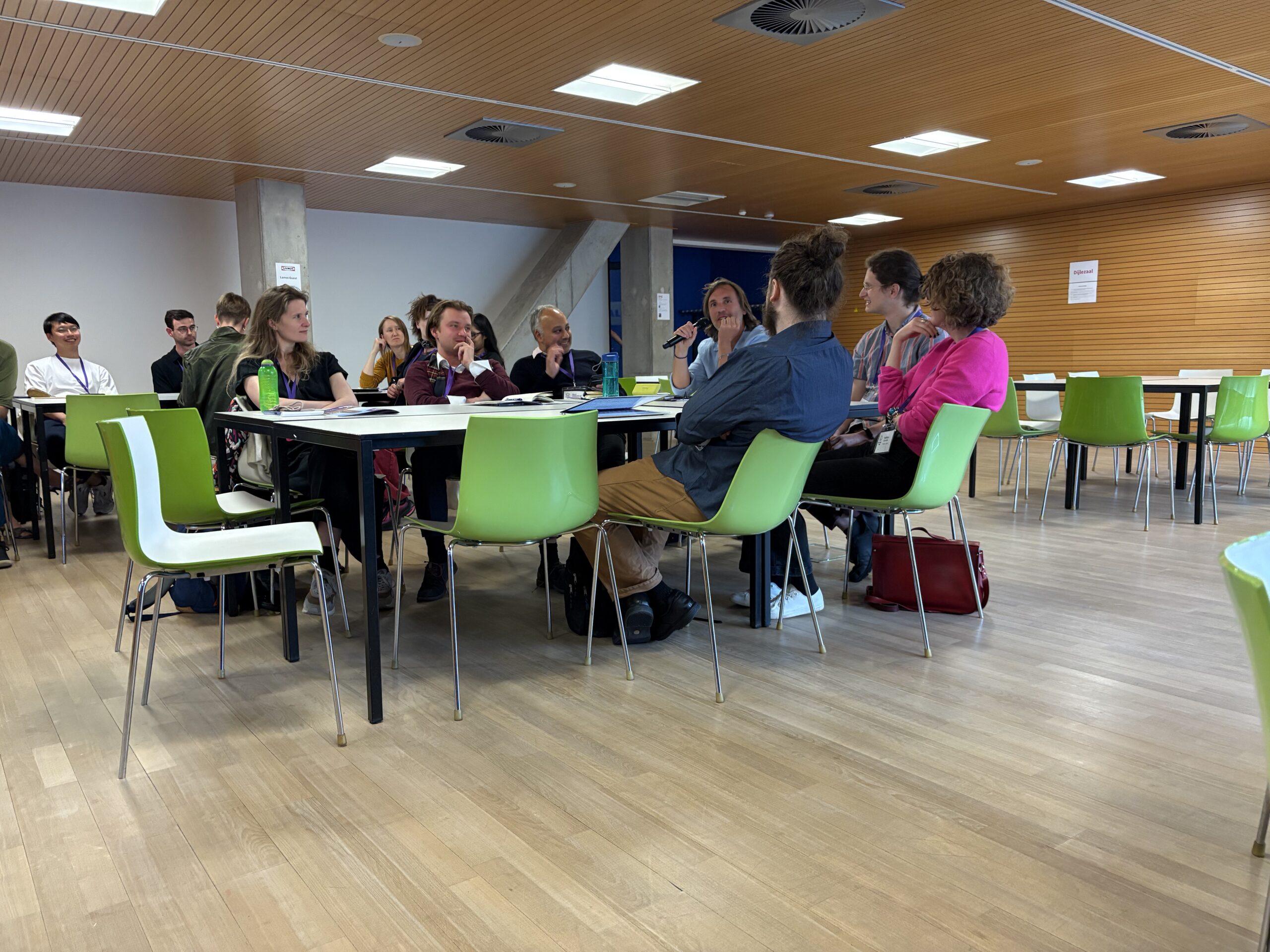The MIT GOV/LAB team had a thought-provoking few days in Mechelen, Belgium this year at the annual TICTeC conference which brought together leaders on the state of pro-democracy technology. This gathering marked the tenth anniversary of the civic technology conference, and offered participants an opportunity to look back at how far the field has come – from a disparate set of academics, practitioners and funders, to a robust network of civil society organizations, technologists, and researchers around the globe. Looking ahead to the next ten years, mySociety Chief Executive Louise Crow asked the TICTeC community to consider how we can use civic technology to distribute power, rather than concentrating it, especially in the age of AI integration.

This technology-forward era has created new opportunities for political participation and deliberation, but it also can lead to polarization and uncivil discourse. At the conference, which had themes of climate and AI, MIT GOV/LAB ran a workshop on how AI and civic tech can build consensus for climate policy, while also including the voices of future generations. MIT GOV/LAB and Stanford’s Digital Economy Lab have spent the last year building out deliberation.io, a platform to increase mutual understanding and civility through deliberation. This platform follows our 2023 white paper, Generative AI for Pro-Democracy Platforms which offers a set of guiding ethical and social principles.
At TICTeC, workshop participants engaged in an experimental deliberation.io module, designed for the conference, where they interacted with a fictional scenario and spoke with a scientist from “the future”. The prompt asked them to decide whether or not to support a new climate technology whose long-term social and environmental impacts were unclear. After rating their support or opposition on the prompt, users had an opportunity to exchange with an AI chatbot (powered by GPT 4) that asked the individuals for reflection on their initial comments. This reflection period is a key principle of the platform that relies on a Socratic Dialogue model, where the AI chatbot asks questions to users to help them reflect on their beliefs and gut assumptions about a particular topic. Participants could then change their policy position based on their experience and submit comments on their position for others to upvote. Participants started the exercise having diverse views on the use of climate technology to address climate change. After engaging with the AI chatbot, the whole group shifted to be more cautious of and in opposition of using climate technology.
After engaging individually online, participants discussed the experience in small groups and then came back together for a broader discussion on the simulation. They reflected that they wished the future scientist was more emotionally compelling – perhaps a future relative or someone more connected to them who might elicit a different reaction. Others wanted to ask questions of the AI , in order to learn more about what actually happened when the technology was implemented – the future scenario lacked enough details to engage more thoughtfully. The simulation showed us the ability for chatbots to affect opinions, but also highlighted the types of interactions humans may want with chatbots in the scenario we created. Overall, the workshop was an interesting test case, and leads us to think more about designing for the human-AI interaction when bringing the sci-fi realm to reality.
As for MIT GOV/LAB’s academic research, early pilots using deliberation.io in lab experiment settings, suggests AI-assisted reasoning can move opinions to more centrist positions and depolarize discussion. Building on these initial results, we are collaborating with the government of Washington, DC to pilot the platform as a complement to in-person town halls. Our research on governance and technology is constantly evolving – more to come on the integration of generative AI for improved democratic deliberation.
Many thanks to the mySociety team for having us. For other TICTeC recaps, check out highlights from mySociety and the Civic Tech Field Guide.
Photos: mySociety (top) and Sasha Rollinger.
